Starting a business in South Africa has become a relatively easy and quick process, but it comes with its own set of regulations and requirements. The process involves multiple steps and registrations, and it’s important to understand the options available to you.
In this article, we’ll explore the various types of companies that can be registered with the Companies and Intellectual Property Commission (CIPC) versus operating as a sole proprietor.
We’ll also discuss the registration of non-profit organizations and delve into the essential registrations like income tax, PAYE, UIF, SDL, Workmen’s Compensation, VAT, and the crucial steps of opening a business bank account.
1. Types of Companies Registered with CIPC:
The CIPC, the primary regulatory body for business registrations in South Africa, offers various options for company registration. Here are some of the most common types:
a) Private Company:
This is a popular choice for small to medium-sized businesses and provides limited liability for its shareholders.
b) Public Company:
Suitable for larger businesses intending to raise capital through the public.
c) Non-Profit Company:
A registered entity that operates for a public benefit purpose, such as charities or NGOs. A non-profit company is registered with the CIPC. Registering with the CIPC is essential for formal recognition as an NPO.
d) Personal Liability Company:
A personal liability company (Inc) is a type of business entity in South Africa that is mainly used by associations such as lawyers, engineers, and accountants.
The directors and past directors (where applicable) of personal liability companies are jointly and severally liable together with the company for any debts and liabilities arising during their periods of office The Companies and Intellectual Property Commission (CIPC) is responsible for registering personal liability companies in South Africa.
2. Non-CIPC Entities:
a) Partnership:
Allows two or more individuals to run a business together with shared responsibilities and liabilities. Partnerships are not separate legal entities in the eyes of the law, which means that each partner is exposed to unlimited liability for their activities within the business.
b) Non-profit organizations (NPOs):
In South Africa can be registered with the CIPC or the Department of Social Welfare, or both. This status allows NPOs to access tax benefits and grants. If you wish to receive grants or donor-funding, you are required to register with the Department of Social Development.
Non-profit companies registered with the Department of Social Development can apply for funding at the National Lottery Board.
c) Sole Proprietor:
Sole proprietors enjoy full control over their businesses, but they are also personally responsible for all business liabilities.
Registration requirements for sole proprietors are often less complex than those for other business structures, making it an accessible option for many entrepreneurs. However, one has to weigh this against the unlimited liability.
3. Important Registrations for Your Business
a) Income Tax Registration:
When you register your business with the CIPC, you automatically receive an income tax number. This number is crucial for compliance with South African tax regulations and for filing tax returns.
b) PAYE (Pay-As-You-Earn):
If you have employees, you must register for Pay-As-You-Earn (PAYE) tax with the South African Revenue Service (SARS). PAYE is the tax deducted from employees’ salaries and paid to SARS.
c) UIF (Unemployment Insurance Fund):
Both SARS and the Department of Social Welfare manage UIF registration. UIF provides financial support to employees who lose their jobs or cannot work due to illness or maternity leave.
d) SDL (Skills Development Levy):
Employers who pay over a certain threshold are required to register for the Skills Development Levy (SDL). SDL funds are used to develop the skills and knowledge of the South African workforce.
e) Workmen’s Compensation Registration:
Employers must register with the Compensation Fund for workmen’s compensation insurance to cover employees’ injuries or diseases acquired at work.
f) VAT (Value-Added Tax):
If your business’s annual turnover exceeds a certain threshold (currently R1 million), you are required to register for Value-Added Tax (VAT). You can also voluntarily register if your annual turnover is R50,000 or more. VAT is a consumption tax collected on behalf of SARS.
g) Opening a Business Bank Account:
Once your business is registered, it’s essential to open a dedicated business bank account. This separates your personal and business finances, simplifies accounting, and ensures that your transactions are in compliance with tax regulations. Different banks in South Africa offer various business account options to suit your specific needs.
Conclusion:
Starting a business in South Africa involves several steps, including selecting the appropriate business structure, registering with the CIPC, and fulfilling various tax and regulatory requirements.
Whether you choose to operate as a sole proprietor, run a non-profit organization, or establish a private company, understanding and complying with these regulations is essential to ensure your business’s success.
By following the correct procedures, including opening a business bank account, you can embark on your entrepreneurial journey with confidence.





